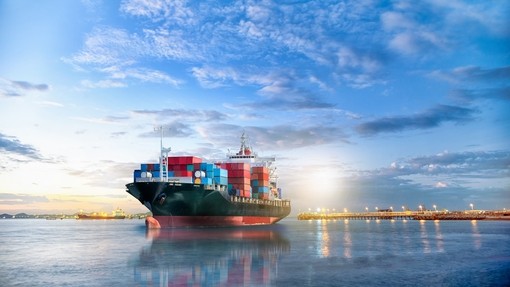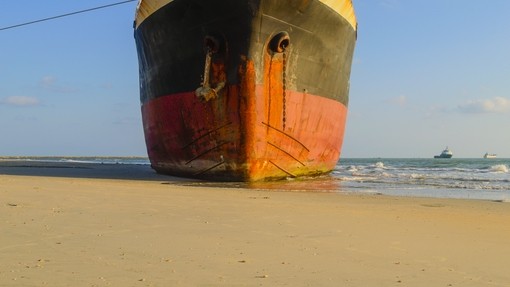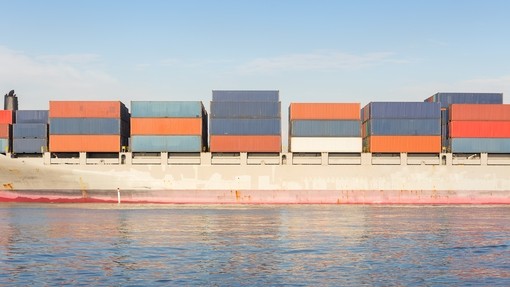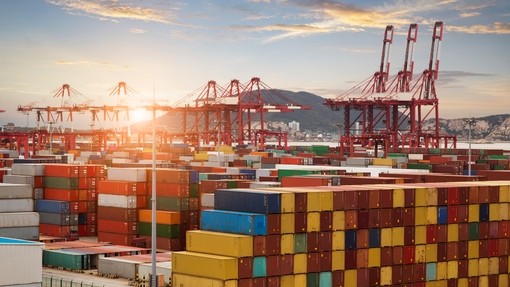Mr Nobu Su -v- Clarksons Platou Futures Limited and Another [2017] EWHC 337 (Comm)
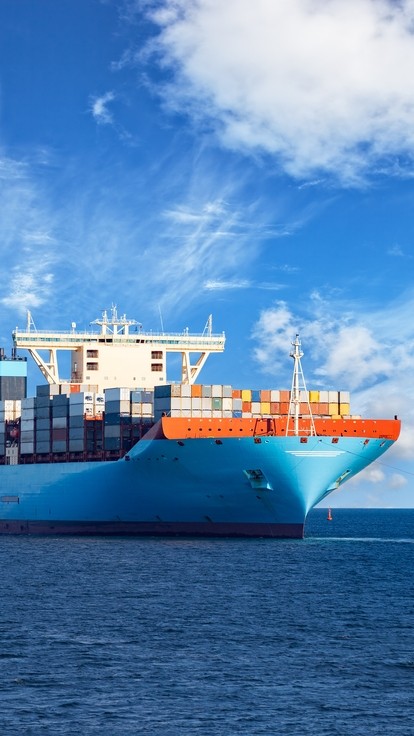
Details
In this recent decision, Mr Justice Teare granted summary judgment for Clarksons on the grounds that Nobu Su’s claims were time barred under the Limitation Act 1980. The judgment serves as a useful reminder of limitation periods in contract and tort and also when the cause of action arises for the purposes of time commencing to run under the Limitation Act.
Factual background
In early July 2008, Mr Su and his companies agreed to a buy-back deal with Mr Haji-Ioannou and Lakatamia Shipping in which a forward freight agreement (FFA) position was sold on terms that it would be bought back by Mr Su and his companies at a higher price. The buy-back was to take place in August 2008 but the Su interests failed to buy back the FFA position. As a result of movements in the shipping market Lakatamia suffered considerable losses when it closed the position. Lakatamia consequently brought proceedings against Mr Su (the Lakatamia proceedings) and obtained a freezing order against him in the process.
In July 2012, during the course of a Court of Appeal hearing in respect of the freezing order, Longmore LJ stated that there was a good arguable case that Mr Su was personally liable for breach of the FFA deal.
The trial in the Lakatamia proceedings was heard in October 2014 before Cooke J and in November 2014 judgment was given holding Mr Su personally liable for some US$36 million (Lakatamia Shipping Co Ltd and Others -v- Nobu Su and Others [2014] EWHC 3611 (Comm)).
In November 2015 Mr Su commenced proceedings against Clarksons Platou Futures Limited (Clarksons) and Mr Karakoulakis who brokered the FFA deal (the defendants). He argued that the defendants ought not to have bound him personally to the deal and claimed damages in respect of his liability to Lakatamia.
The defendants sought summary judgment on the basis that the claim was time barred.
Legal issues
Mr Su claimed for damages under two separate causes of action:
- In breach of its warranty of authority Clarksons acting by Mr Karakoulakis committed Mr Su to personal liability in respect of the FFA agreement such that the burden of the judgment fell on him.
- The defendants negligently failed to ensure that the FFA agreement would be made by companies in Mr Su’s control and not with him personally.
The defendants argued that the claims were time barred under sections 2 and 5 of the Limitation Act 1980, which provide that the time limit for bringing a claim (in tort and contract respectively) is six years from the date on which the cause of action accrued.
Claim for breach of warranty of authority
Mr Su argued that the cause of action accrued on the date when judgment in the Lakatamia proceedings was given by Cooke J in 2014. The Court disagreed. An action for damages for breach of contract requires a valid contract and a breach of that contract, and the cause of action arises on the date of breach. Teare J held that in this case the alleged breach took place on 7 July 2008 when Mr Su entered into the FFA deal. The fact that there was a dispute as to whether Mr Su was bound personally to the FFA deal and that the dispute was not resolved until November 2014 is irrelevant when deciding when the cause of action for breach of contract accrued.
Claim in negligence
In respect of the negligence action, the debate between the parties centred upon when damage was suffered. Mr Su submitted that this was a case of ‘right transaction, wrong party’. In such circumstances he did not know to what he had committed and he only knew when judgment was given against him and it is then that damage was suffered. On Mr Su’s case, in the period leading up to the judgment he only had a contingent liability upon a determination that he was a contracting party.
The Court again disagreed. Teare J held that the distinction of ‘right transaction, wrong party’ was immaterial in these circumstances. The liability was not contingent upon any future event - though the quantification of damage might have been due to the date of closing the position on the FFA – and was certainly not contingent upon a judgment holding that he was personally liable on the FFA deal. The liability was, as submitted by the defendants, suffered on 7 July 2008 when the FFA deal was entered into.
Section 14A Limitation Act 1980
Section 14A stipulates that, in any action for damages for negligence (other than one to which section 11 of the Limitation Act 1980 applies), where a claimant acquires the knowledge required for bringing an action for damages after s/he has acquired the right to bring such an action, the claimant must bring his/her action within three years of the date on which s/he acquires the relevant knowledge.
Mr Su argued that the facts relevant to the cause of action were not known to him at the date of accrual in July 2008 but upon the knowledge that he was a party to the FFA deal, i.e. in November 2014 when judgment in the Lakatamia proceedings was handed down.
Teare J again disagreed. He held that Mr Su was aware in July 2012 that not only a Commercial Court judge but also the Court of Appeal considered that there was a good arguable case that he was personally liable for breach of the FFA deal. This would lead a reasonable person to consider it sufficiently serious to justify instituting proceedings or, at the very least, investigate further. The correct approach would have been to initiate a Part 20 claim in the original proceedings.
The judge therefore allowed the defendants’ application for summary judgment.
Comment
The judgment serves as a useful reminder of limitation periods in contract and tort and also when the cause of action arises for the purposes of time commencing to run under the Limitation Act.
This article originally appeared in the March 2017 edition of shipping case digest. Other articles include:
Sinocore International Co Ltd -v- RBRG Trading (UK) Ltd [2017] EWHC 251 (Comm)

